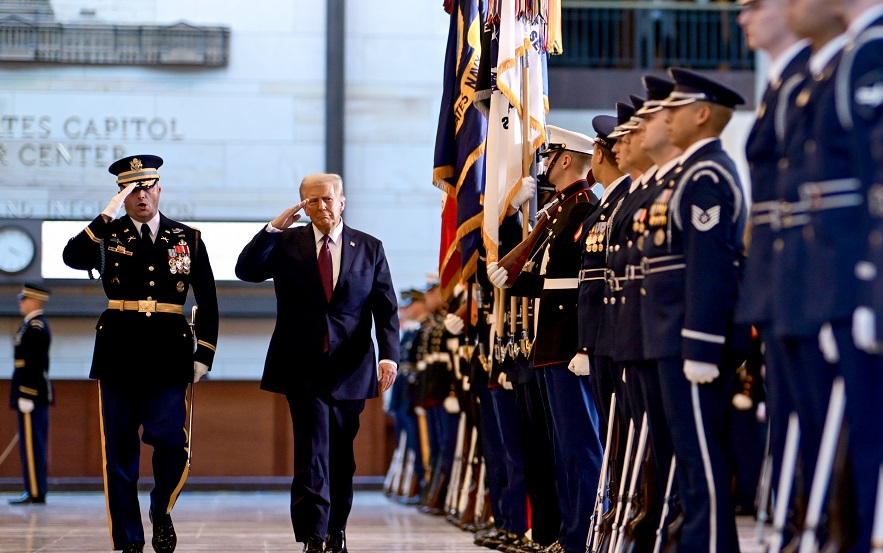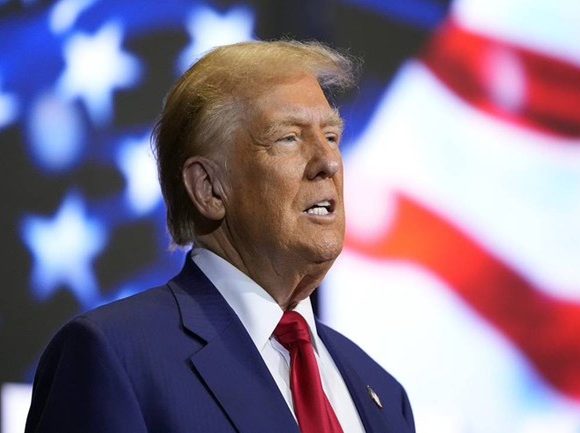
Harvard Faces $2.2 Billion Federal Funding Freeze From Trump Administration
Harvard University is facing a major financial blow as the U.S. government has frozen more than $2.2 billion in grants and $60 million in federal contracts. The drastic action follows Harvard’s refusal to implement a series of directives issued by the Trump administration, which included dismantling its diversity, equity, and inclusion (DEI) programs, banning pro-Palestinian student organizations, enforcing merit-based admissions and hiring, and cooperating more closely with immigration authorities on screening international students.
The freeze was announced as part of a broader federal initiative to combat what the administration describes as rising antisemitism and bias on college campuses. Harvard’s defiance has now made it a central focus in a wider ideological battle between elite academic institutions and the federal government.
Harvard Rejects Demands, Defends Academic Autonomy
Harvard President Alan Garber strongly opposed the government’s demands, stating that the university “will not negotiate over its independence or its constitutional rights.” While reiterating the institution’s commitment to addressing antisemitism, Garber said the imposed conditions crossed the line into interference with academic freedom and governance.
He emphasized that decisions about campus policies must remain within the jurisdiction of the university itself, not be dictated by political pressure or federal threats.
Impact on U.S. Higher Education and Legal Pushback
The funding freeze at Harvard is part of a growing trend in which the federal government has turned its attention toward universities seen as out of step with its priorities. Other major institutions such as Columbia, Princeton, and the University of Pennsylvania have also been subjected to investigations or funding suspensions.
Legal experts anticipate a wave of litigation as universities, faculty unions, and civil liberties groups challenge the constitutionality of these actions. A lawsuit filed on behalf of Harvard faculty argues that the administration’s move violates both the First Amendment and principles of institutional self-governance.
Political Divide Widens
The move has sparked fierce political debate. Prominent Republican figures have called for a broader crackdown on elite universities, accusing them of fostering political radicalism. On the other side, progressive lawmakers have defended Harvard’s stance, calling the funding freeze a dangerous precedent that weaponizes federal resources to suppress dissenting academic environments.
As the legal and political battle escalates, the outcome is likely to shape the future dynamics of how universities interact with federal authorities, especially when ideological and policy priorities collide. Harvard, for now, stands firm in its resistance—while bracing for what could become one of the most consequential legal fights in the realm of U.S. education policy.


















